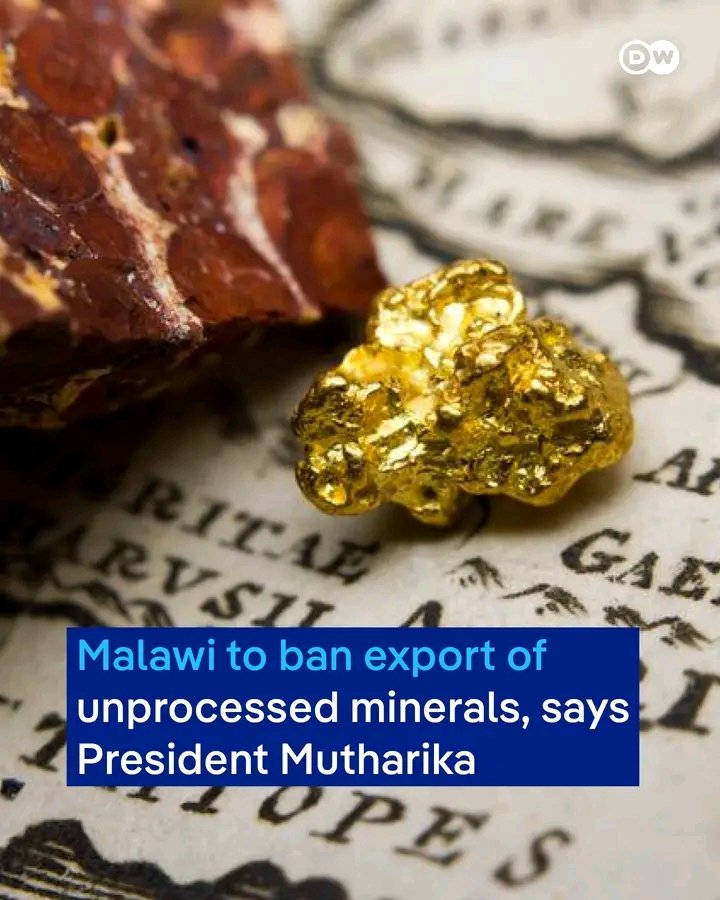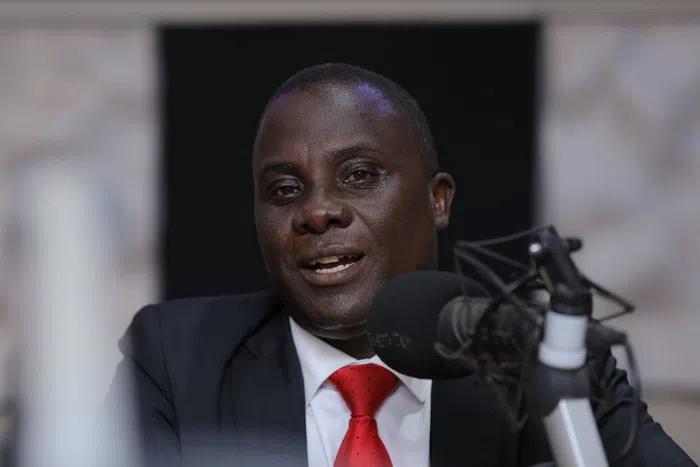
LILONGWE, Malawi – In a significant move to capitalize on its natural wealth, Malawi’s President Peter Mutharika has announced a ban on the export of all unprocessed mineral resources. The policy is a central pillar of a new national strategy designed to stimulate industrial development and ensure the country retains maximum value from its mining sector.
The decision means that raw bauxite, uranium, graphite, and other minerals must now be processed within Malawi’s borders before they can be sold internationally. The government estimates that by developing its own mineral processing capabilities, the nation could generate up to $500 million in annual revenue—a substantial boost to one of the world’s least developed economies.
“This is a transformative step for Malawi,” a government spokesperson stated. “For too long, we have exported raw materials and jobs. By keeping the value-addition process here, we will create industries, spur economic growth, and build a more resilient economy.”
To support this ambitious plan, the government is directing investments into key mining projects across the country. Focus sites include the massive rutile deposits in Kasiya, located just outside the capital city of Lilongwe, and the Kangankunde hill in Balaka, which holds one of the world’s most significant deposits of rare earth elements—minerals critical for modern technologies like smartphones and electric vehicles.
The ban reflects a growing trend in resource-rich African nations seeking to move beyond simply extracting raw materials. By compelling international partners to invest in local processing plants, Malawi aims to create a sustainable industrial base, transfer skills to its workforce, and capture a much larger share of the global profits from its resources.
Industry analysts will be watching closely to see how this policy impacts foreign investment in Malawi’s mining sector, as the government balances its ambitious industrial goals with the need to attract the capital and expertise required to develop it.






